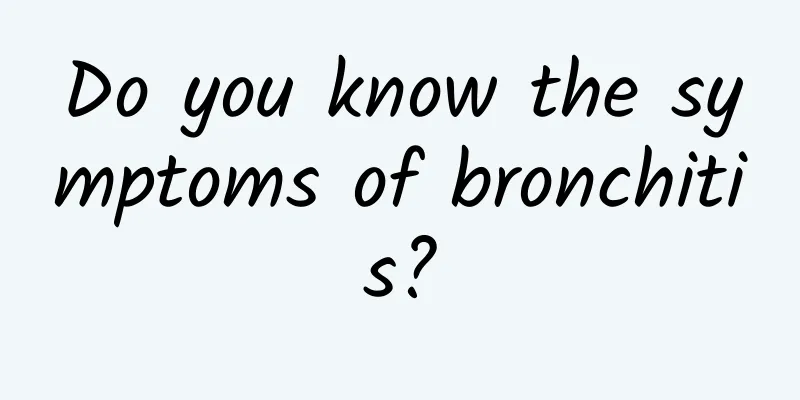How to pass gas after colonoscopy

|
When many patients have a physical examination in the hospital, they often need to undergo a colonoscopy due to various factors. During this examination, they should pay attention to the fact that the patient may have bloating right after the examination, and always feel that the stomach is bloated and there is a force that cannot be vented. This symptom needs to wait for about 2 to 3 days to be relieved. If you want to excrete the body quickly, you need to pay more attention to your diet and actively do related follow-up work. Colonoscopy is a method of checking for intestinal diseases. It can clearly diagnose diseases such as chronic colitis, intestinal ulcers and tumors. Therefore, doctors will ask patients to undergo colonoscopy based on their symptoms. After a colonoscopy, there will generally be gas in the intestines. These gases need to be discharged in time, otherwise it will cause abdominal distension and pain. So how to quickly exhaust gas after a colonoscopy? What are the precautions after a colonoscopy? Many people will feel bloated and have flatulence and defecation after a colonoscopy. This is because during a colonoscopy, gas needs to be injected into the intestinal cavity while the examination is moving forward. Right after a colonoscopy, sometimes the gas in the intestine has not been completely discharged, so abdominal distension and the desire to pass gas may occur. This is a normal phenomenon. It usually takes 2 to 3 days to relieve. During the recovery process, do not eat too much hard and spicy food. It is best to eat more liquid food, such as noodle soup and other light and easily digestible food, and then gradually resume a normal diet. Pay attention to supplementing protein and vitamins after colonoscopy. In your daily diet, you should choose some easily digestible high-quality protein foods, such as fish, eggs, soy products, and fresh young leafy vegetables rich in vitamins. It is best to consume vegetable juice to reduce fiber intake. Because patients with chronic colitis have poor digestion and absorption functions, they should adopt an easily digestible semi-liquid and low-residue diet and eat small meals frequently to increase nutrition and improve symptoms. When chronic colitis occurs acutely, you should eat porridge, refined rice and noodles, fish, shrimp, eggs, soy products and easily digestible foods to allow the intestines to rest. Warm reminder: After colonoscopy, patients may experience abdominal pain and the urge to pass gas from the anus. This is normal and there is no need to worry too much. However, if the abdominal pain cannot be relieved after a long period of surgery, the possibility of intestinal damage cannot be ruled out, and you need to consult a doctor in time. Generally speaking, you can eat normally 2 hours after the colonoscopy, usually with liquid food as the main food. If bloody stools occur after a colonoscopy, you need to report it to your doctor promptly and do not take it lightly. |
<<: How to do painless electronic colonoscopy
>>: Can the elderly undergo colonoscopy?
Recommend
What causes corns?
Many people may not understand the causes of corn...
Which is better, Chinese medicine or acupuncture?
Traditional Chinese medicine and acupuncture are ...
What to do if you have cavities? An old Chinese doctor tells you how to treat cavities
Tooth decay is the main cause of toothache and or...
What are the precautions for taking Weikang Capsules?
Gastric disease is a disease with a very high inc...
Tumor in the brain
Brain tumor is a relatively serious disease. If a...
What is the difference between Korean ginseng and red ginseng?
Korean ginseng and red ginseng are both a type of...
What causes unexplained purple skin?
Because we are of the yellow race, our skin color...
What fruit is better for constipation caused by internal heat?
Many people are prone to getting angry because in...
What is the best medicine for diarrhea caused by damp heat?
There are many types of diseases in modern life, ...
I have a burning feeling in my stomach, what's going on?
Gastric disease has become one of the most common...
What is the best medicine for low blood pressure?
If the diastolic blood pressure is high, you shou...
Will I get acne on my face if I'm pregnant with a boy?
The elderly have a saying that if a pregnant woma...
How long can you live with stomach cancer?
Gastric tumor is a relatively serious tumor. If a...
Can autism be cured?
Children's health is a topic of great concern...
Are vocal cord polyps serious?
The throat is very important to human health. If ...









